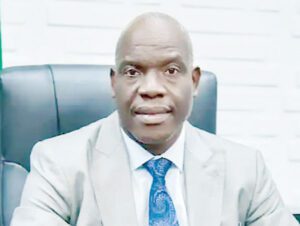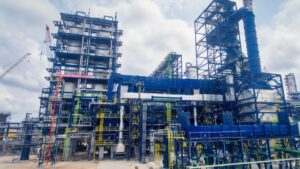
Fuel imports to Nigeria fell to 106,000 bpd in July from 205,200 bpd in May 2023 – Report
By Akinyemi Precious
According to a report from S&P Global Commodity Insights, fuel imports into Nigeria fell to 106,000 barrels per day (bpd) in July 2023, from the 205,200 barrels per day recorded in May 2023.
The Authority chief executive, Farouk Ahmed said that the figure represented a 35 per cent reduction when compared with the 65 million litres per day, prior to subsidy removal.
According to the report,it was recorded that in various months, litres produced were January, 62 million litres per day, February: 62 million litres per day, March: 71.4 million litres per day, April: 67.7 million litres per day, May: 66.6 million litres per day, June: 49.5 million litres per day, July: 46.3 million litres per day.
A part of the report stated, “The subsidy removal has shaken up longstanding arbitrage for European refiners. While Nigerian demand has diminished, other destinations have picked up the slack.
“The US Atlantic Coast made up 28 per cent of total gasoline exported from the Amsterdam-Rotterdam-Antwerp region in July amid persistently low stocks, according to Kpler shipping data, increasing its share from the low teens almost in tandem with the shrinking Nigerian demand.
“As a result, European refiners have been unfazed by sinking demand in West Africa. European traders already faced being crowded out by Russian refined products that have flooded into Africa – including Nigeria – since the onset of the war in Ukraine saw European countries boycott Russian oil products. Yet even Russian exports to Nigeria have fallen sharply since the fuel subsidy was scrapped.”
However, Nigeria has in mind compressed natural gas (CNG) revolution as an alternative to fuel as pump prices have increased since the removal of fuel subsidies in the country, creating affordability problems for the general population. The gas revolution will become active early in 2024.



